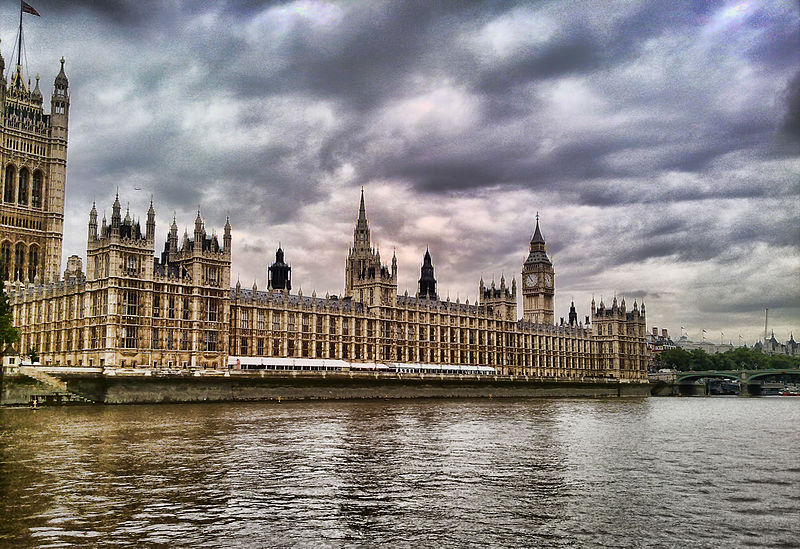News From Across the Pond: Controversial UK Legal Aid Cuts Looming
Across the pond, a story similar to one we blogged about last week, as legal aid there faces deep cuts from Parliament. As in the United States, the proposed cuts to service providers have sparked controversy and debate over the role of Legal Services in the justice system.
BBC News has outlined the major provisions of the legislation as follows:
Under the Legal Aid, Sentencing and Punishment of Offenders Bill, ministers say they want to end legal aid for:
- Private family law cases, such as divorce and custody battles
- Clinical negligence claims
- Employment and education law
- Immigration, other than where someone is detained
- Some debt, housing and benefit issues.
The government says that domestic violence cases will still receive legal aid and it intends to expand the definition to include mental and sexual abuse.
Sir Bill Callaghan, Chair of the Legal Services Commission, released a statement, saying:
‘The Legal Services Commission is committed to playing its part in delivering these reforms, to ensure there is a sustainable legal aid scheme for the future, targeted at those who need help most.”
The BBC reports that Justice Secretary Ken Clarke had a different take on the proposals:
Mr Clarke has told MPs that the current system “too often encourages people to bring their problems before the courts, even when they are not the right place to provide good solutions and sometimes for litigation that people paying out of their own pocket would not have pursued.”
However, whether the legislation will save money in the long term remains a point of controversy. In an op-ed, Peter Lodder, chairman of the Bar Council, argues:
Legal aid is an insurance policy, paid for through our taxes, that is there for people when something goes wrong. It will come as a shock to many, at what is often among the most stressful times in their lives, to discover that they are being left by the roadside with no one available to assist them.
Worse still, it is far from clear these proposals will even save money. They will disrupt the courts, increase costs and cause delays. Stressed litigants in person, unfamiliar with their surroundings and not used to marshalling their arguments, will prolong hearings. These concerns are not confined to the Bar Council; they have been echoed by the Judges’ Council of England and Wales.
The reforms have had a startling impact on the Immigration Advisory Service, which had 14 branches handling thousands of immigration cases until recently, when their doors closed due to budget cuts. BBC reports:
In a statement, the IAS said: “The government’s reforms include the removal of immigration from the scope of legal aid, and a 10% cut in legal aid fees for refugees seeking asylum within the UK. Immigration accounts for around 60% of IAS’s income.
“There are few organisations that could cope with the compound effect of removal of immigration from the scope of legal aid and a cut in fees for asylum clients.”
While it remains to be seen what budget cuts legal services will face stateside, the problems associated with drastic reductions in legal services are already clear in the UK.














